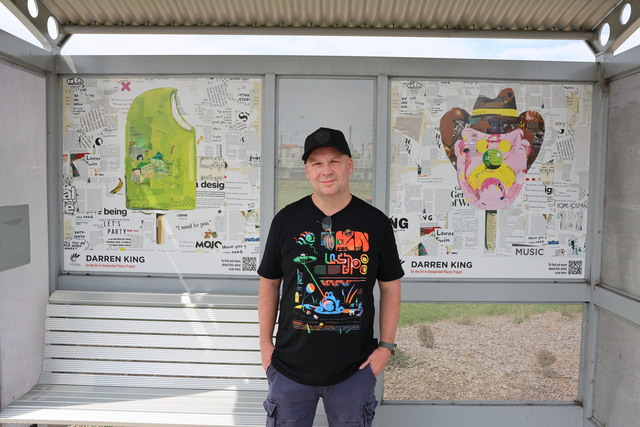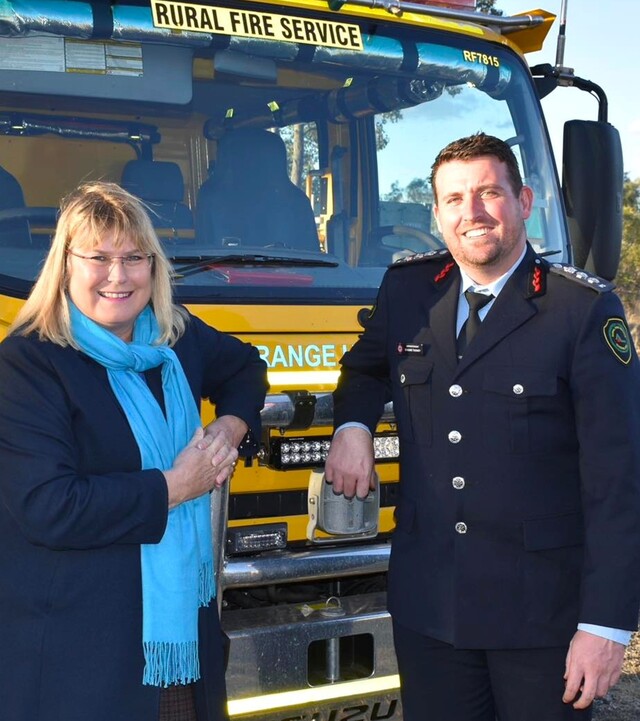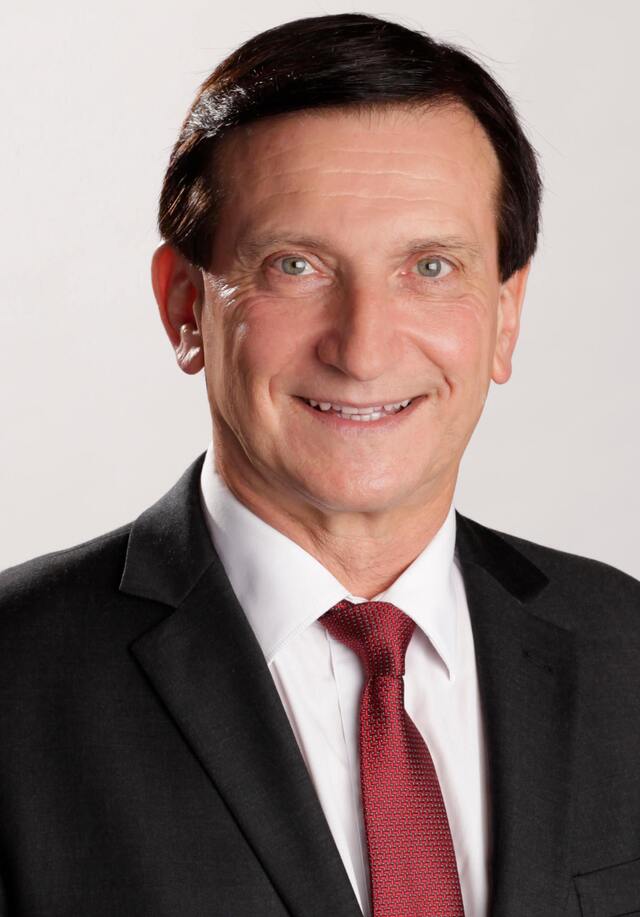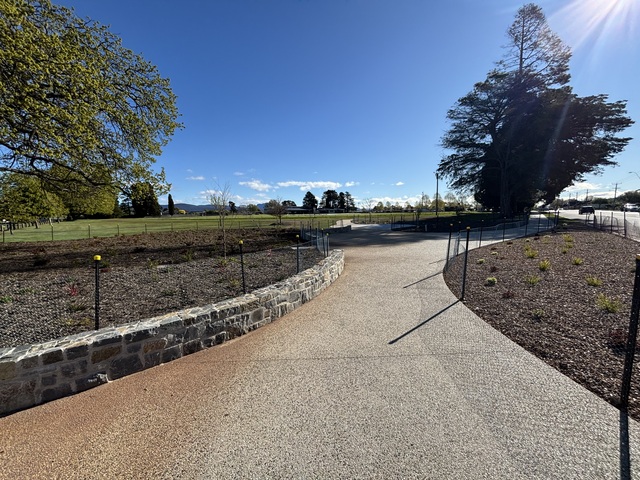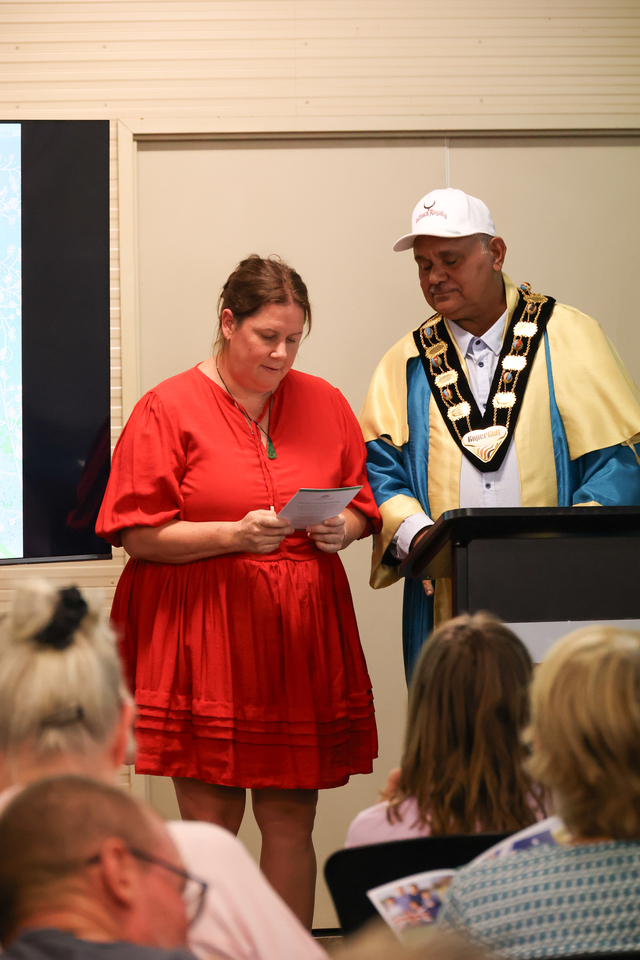‘Walk along the beach’ the man said
The Good Oil by Rod Brown*
It was 1995, and the Federal Member for Gippsland, Peter McGauran, had invited local leaders and a handful of Federal and State officials to a forum at Orbost Golf Club. The aim was to identify initiatives to turn the economy around.
I remember the trip for two reasons. The first incident was shortly after arrival the preceding night, when an almighty blue erupted around us at the Orbost Pub, and my two Canberra colleagues bolted like Treasury officials from a Senate Estimates Hearing.
But it was the performance put on at the forum by the regional manager of DNRE (Victoria’s environment department) that is etched in my memory.
It started when I suggested that they consider a walking trail through Croajingalong National Park, starting at Marlo (mouth of the Snowy), and then to Cape Conran, Bemm River, Tamboon, Wingan Inlet and finishing at Mallacoota – or if they were adventurous they could go for a cross border trail to Eden.
We had a great precedent in the Bibbulmun Track in Western Australia, and we’d done some quiet research with Gippsland tourism operators and residents. We were musing about Germans and Melburnians walking four abreast along the trail, sleeping in lodges, imbibing at the occasional bush pubs, buying food, clothing, fishing tackle and the like. This was an absolute monty.
The DNRE manager had other ideas. He got to his feet, and matter of factly proclaimed that the project would have a “deleterious effect on the environment” and that we’d have to walk along the beach. I was gobsmacked.
“That would defeat the whole purpose. Don’t you want regional jobs? The West Aussies worked out a decent compromise,” I spluttered. But the DNRE manager sat grim faced, and no locals were willing to take him on.
Fourteen years later, the DNRE manager is probably in Canberra advising on carbon emissions, and no project champions have put their head over the parapet. Not an uncommon situation in regional Australia, although it’s crying out for quality ecotourism projects that generate investment and jobs.
If you’re in the same boat, we have the model, the way to open minded Federal Ministers, and the funding vehicle (the Jobs Fund), but the commitment and organisation has to come from you.
Best practice – Coogee Bay Hotel
Last month I met the bloke with the toughest job in Australia – he is the food services manager at the Coogee Bay Hotel. You might recall that this hostelry became famous last summer when some additional organic material found its way into a serving of icecream.
Well, I was cruising around looking for a decent coffee when I was taken aback by the menu – they were putting mystique and sizzle into things by emphasising the regional source of their steaks!
- SIRLOIN grain fed – 250gm Angus New England NSW $22
- PRIME EYE FILLET – 250gm Gympie QLD $25
- WAGYU RUMP Marble 5+ – 300gm Toowoomba QLD $26
- T-BONE – 500gm Angus 150 day Kilcoy QLD $29
This is extremely rare in a middle priced eatery in an urban environment.
The pub’s food services manager explained that he’d be willing to consider offers from other regional producers, subject to quality assurances and reliability of supply. Hats off to him for having a crack.
It is an iconic pub, with lots of history. The owner for many years was leviathan bookie Terry Page, and half the nation’s exfootballers have a hazy recollection of the place.
And it has got us thinking – we have Cockatoo members in iconic towns with quality produce that could dovetail nicely onto the Coogee menu. For example, Kym raves about the saltbush lamb from out Wilcannia way; Peieta says Cunnamulla has fantastic beef; Chris has his innovative small species abattoir at Bega; Rob knows who’s who in the Heyfield beef industry.
Who’s interested in exploring this further?
Worst practice –NSW procurement policy
The New South Wales Government’s recent decision to introduce a 20 per cent subsidy for locally made goods under its procurement policy has been rightly panned. It not only sends a message to its trading partners, but it’s basically an admission that NSW has no semblance of an industry policy.
Sure, we face intense price competition from the developing world. But what the NSW Government fails to understand is the role of global supply chains.
The Nordics, Switzerland, France, Germany and Japan have survived for the last two decades by forming alliances with producers in lower cost countries to reduce their operating costs and maintain market access. And local and provincial governments have been willing accomplices in building these supply chains.
How, you may ask? By getting involved in trade and investment missions, by connecting people and companies, by leveraging the competitiveness of key regions, by concentrating on work skills, and by paying attention to investor aftercare.
NSW has done very little of this. It has basically positioned Sydney as its core asset, and trusted it to sell itself. No need for anything too proactive. This mentality has continued with the procurement policy announcement.
Defence has met its match, says Bogong
My Canberra colleague, Bogong, was at the National Press Club last month to hear two veteran defence watchers, Paul Dibb and Hugh White. They were discussing the Defence White Paper, and the latter was saying privately that we are heading towards New Zealand status as regards our defence standing.
Let’s hope he’s right, given that the Defence Department has had a free rein with its expenditure. Think of all the Ministers it has duchessed over the years, with Kim Beazley and Peter Reith as useful examples.
The goss is that John Faulkner is the best Defence Minister in living history, because he can see through the smokescreen and scaremongering.
Rudd grants
Gee it’s a mixed bag. Some agencies are going to cop a pounding from the Auditor General, while others are being super cautious. Our approach through thick and thin is to inject best practice into funding submissions.
First, it gets you above the ruck. Second, it helps to get other agencies interested in contributing. Thirdly, strong concepts often provide the opportunity to resubmit in a modified form if you miss first time around.
Please contact us if you’d like some help.
*Rod Brown is a Canberra-based consultant specialising in industry/regional development, investment attraction, clusters and accessing Federal grants. He also runs the Cockatoo Network. He can be contacted at apd@orac.net.au or phone (02) 6231 7261. Go to our blog at www.investmentinnovation.wordpress.com for 550+ articles on issues relevant to Local Government.


